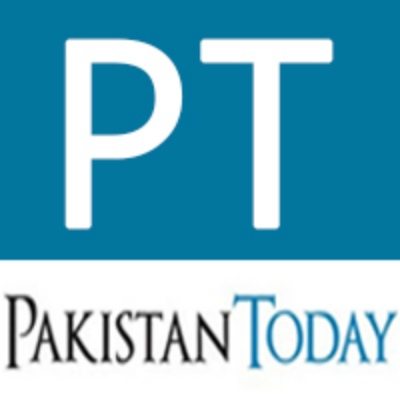NEWS
December 13, 2017

IN BRIEF
The United Nations Development Programme (UNDP) has entered into new partnerships with Pakistan to develop innovative solutions to end corruption and increase accountability. UNDP Pakistan Country Director Ignacio Artaza, Fayyaz Yasin of Accountability Lab and Syed Raza Ali of Peace and Justice Network signed two new agreements. Corruption and lack of accountability undermine countries efforts to achieve Sustainable Development Goals, particularly SDG-16, to build peace, justice and strong institutions, Ignacio Artaza said while addressing the ceremony. Pakistan is no exception to this. Indeed, transparent, inclusive and accountable institutions were a pre-requisite for sustainable development that benefits the most vulnerable in [...]
SHARE
The United Nations Development Programme (UNDP) has entered into new partnerships with Pakistan to develop innovative solutions to end corruption and increase accountability.
UNDP Pakistan Country Director Ignacio Artaza, Fayyaz Yasin of Accountability Lab and Syed Raza Ali of Peace and Justice Network signed two new agreements. Corruption and lack of accountability undermine countries efforts to achieve Sustainable Development Goals, particularly SDG-16, to build peace, justice and strong institutions, Ignacio Artaza said while addressing the ceremony.
Pakistan is no exception to this. Indeed, transparent, inclusive and accountable institutions were a pre-requisite for sustainable development that benefits the most vulnerable in every area, from health and education to economic prosperity and environmental protection, he said.
Through partnerships with Accountability Lab and Peace and Justice Network, UNDP would work with the government to test innovative solutions to Pakistan’s corruption challenges, Ignacio Artaza said.
He said together with Accountability Lab, UNDP will partner with Integrity Idol, a national movement to recognise and celebrate honest government officials and added partnership with Peace and Justice Network would lead to development of a knowledge hub and centre for justice statistics, and a roadmap for achieving SDG-16 by 2030.
It will also develop a network of civil society organisations across Pakistan with capacity to hold service providers accountable. The two organisations are members of Multi-Stakeholder Forum convened by the Government of Pakistan’s Economic Affairs Division for consultations around Open Government Platform National Action Plan.
Corruption is a major obstacle for governance, development and democracy in Pakistan. Pakistan ranked 116th out of 176 nations Transparency International’s (TI) Corruption Perception Index (CPI) for 2016, which signals an improvement over previous years, but also highlights need for improvement.
Anti-Corruption Day 2017 was celebrated on December 9 by UNDP and the United Nations Office on Drugs and Crime with a recognition that corruption is one of the main impediments worldwide to achieving the SDGs.
In Pakistan, UNDP works closely with government, communities and civil society in support of robust, inclusive and transparent institutions that benefit all Pakistanis, including the most marginalized. These include investments in innovation to increase citizen involvement in policy-making, redesign public services, and develop local, holistic solutions to Pakistan’s complex development challenges.
This article was first posted in Pakistan Today on 12 December 2017
